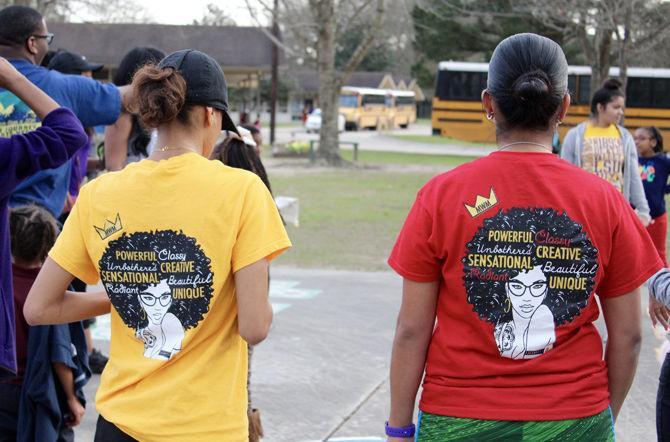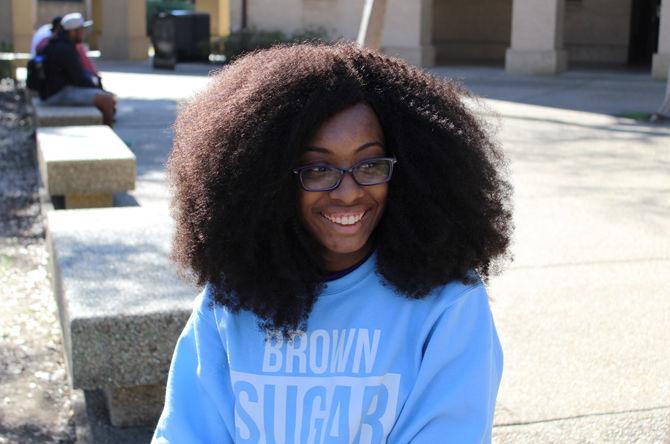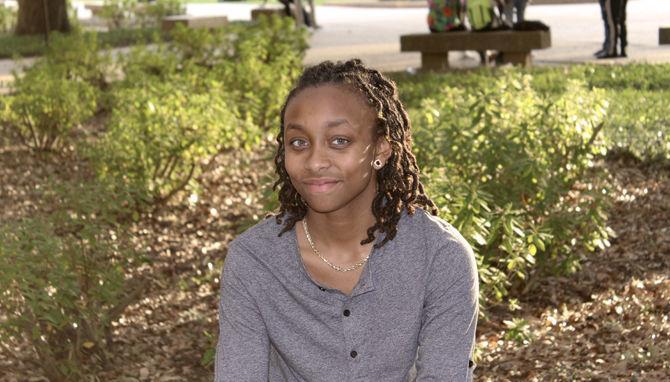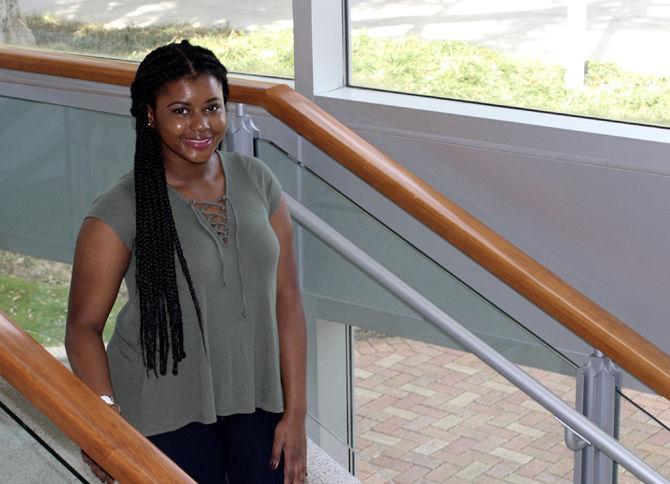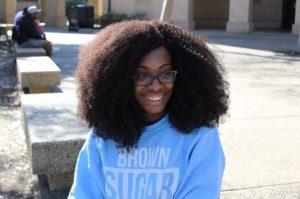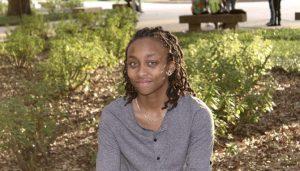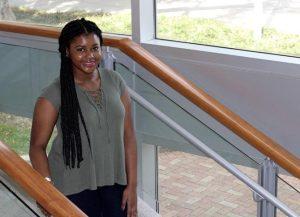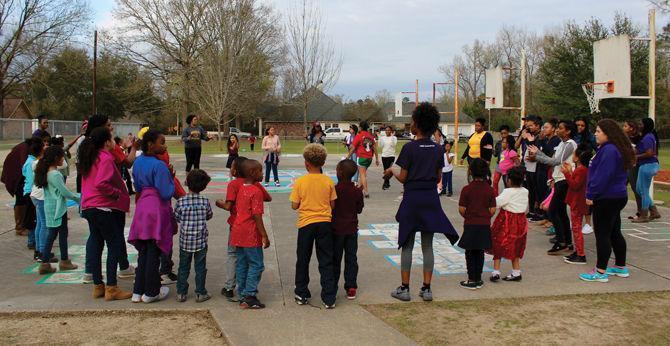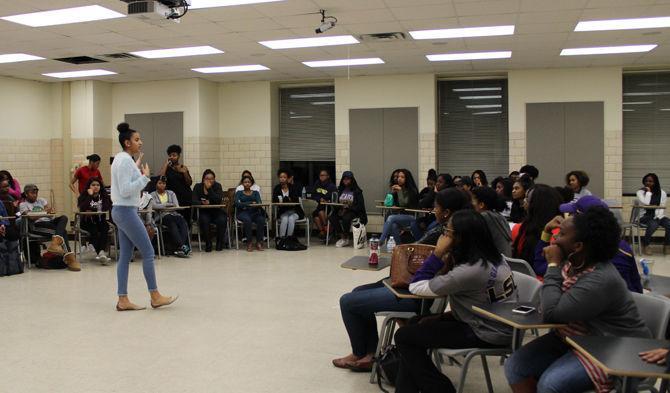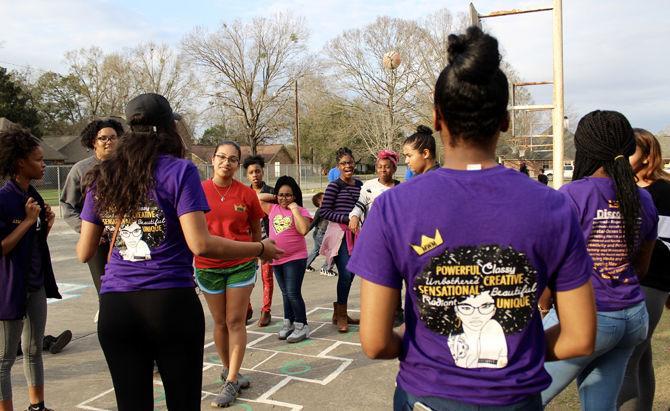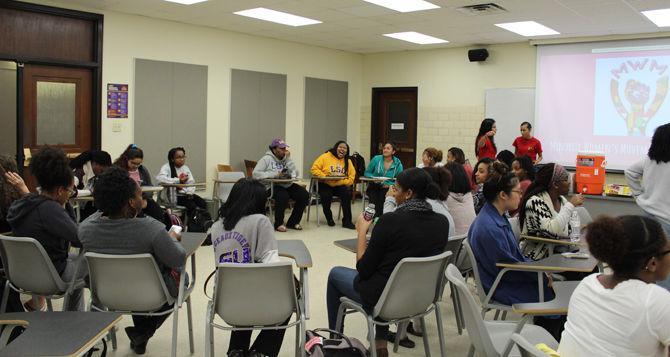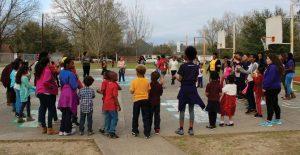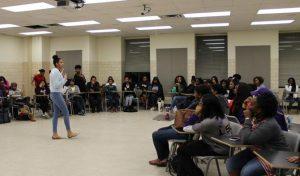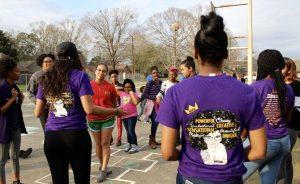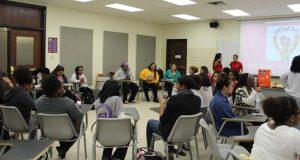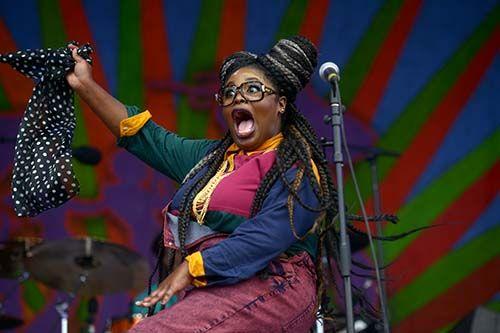Family. Safe space. Sisterhood: words University women use to describe the feeling of being a part of the Minority Women’s Movement (MWM).
Recognizing the struggle of attending a predominately white institution, seven women of different ethnic backgrounds came together in 2014 and started the MWM on the University’s campus.
“[We] had a vision to create an all women’s student organization that empowered and united women from all different backgrounds,” Brittany Guillory says, University alumna and MWM founder.
THE MISSION
The founders created the organization with the mission to uplift and empower minority women on campus, provide personal enrichment opportunities, serve the local community and create a safe space for women to discuss important social issues.
“A lot of minority girls on campus want a place to go and [can’t] find that exact [place], and I think this covers a lot of ground for it,” coastal environmental science junior Imani Maxberry says.
“We talk about so many things, I feel like it fits the needs of many girls on campus. It does give a family feel on campus, a safe space type of feel.”
While the group is called Minority Women’s Movement, the club is open to all.
“Any type of woman is welcome,” psychology senior Ana Forero, current MWM president, says. On some occasions, men can also come and listen in on issues discussed, but with more sensitive topics, men could be turned away so the women present feel safe to discuss issues openly, Forero says.
WHAT THEY DO
Over the past two years, the organization has seen growth in its numbers. In its first year, initial meetings only had about 12 women present. This year, the number has grown to about 60 and the executive board hopes to continue that growth.
“Every meeting I see new faces, there’s more and more every time,” communication studies senior and Community Service Chair Armani Mbaye says. “We’re continuing to grow every meeting, every semester.”
MWM puts on events ranging from social gatherings, community service, education and advocacy. Events held in the past include “Hope for Homecoming,” where the organization collected dresses for flood victims who could not afford them; a breast cancer awareness event, where women listened to a guest speaker and were taught how to perform self-examinations; the “All White Social,” where members dressed up and listened to Dean of Students Maria Fuentes give the keynote address; and a “Galentine’s Night,” the newly popular alternative to the traditional Valentine’s Day holiday where women come together to celebrate one another.
The week after midterms, MWM hosted a “March Madness” week of events. Events included collecting dresses for the “Prom Dress Drive” to give to girls who can’t afford dresses, and hosting a panel on female diversity in the workforce. To conclude the week, MWM put on a basketball tournament for its male supporters, inviting the winning team to a crawfish boil which was held the following day.
The organization also works with and supports other groups on campus. Last semester, MWM collaborated with the fitness sorority CHAARG. MWM also works with Black Male Leadership Initiative, QROMA, an organization for queer students of color, and Alpha Phi Alpha Fraternity, among other groups.
“I think we all have a similar mission. We’re all minority groups and we’re stronger together. It’s important to be aware of what each other is going through and to show support and solidarity,” Mbaye says.
This semester, the executive board added “Girl Talk” to its agenda. At the end of every general meeting, the floor is opened up to members for open discussion. The goal of the segment is to allow general members to participate more in meetings and interact with each other.
WHY IT MATTERS
MWM provides a space for women to come together and openly talk.
“As a minority women myself, I thought that it would be perfect to be around other young women who have had some of the same experiences I have,” African-American studies freshman Zuwena Easterling says, who joined in the fall.
Forero says when she joined the organization, she believed in its mission and had so much passion for it, she dropped everything to make it her priority. She says that as someone who was a part of the Tiger Bridge program, she’s familiar with the sense of being lost.
“When you are able to go into a room and see girls who are dealing with the same things you’re dealing with, it definitely helps you,” Forero says. “There’s a place here for you.”
LOOKING FORWARD
One of the main focuses for many of the executive board members is to build a strong foundation for the organization, as many of them are graduating.
Forero and Guillory share the sentiment of wanting to expand the organization by adding chapters to other campuses. Guillory even says she would want MWM to become national years down the line. Mbaye says she can see the organization sending representatives to professional development conferences.
In the meantime, the organization will continue to provide a safe space and empower minority women.
“It’s more than just a club to me and to most of us,” Easterling says. “It’s more of a sisterhood.”



